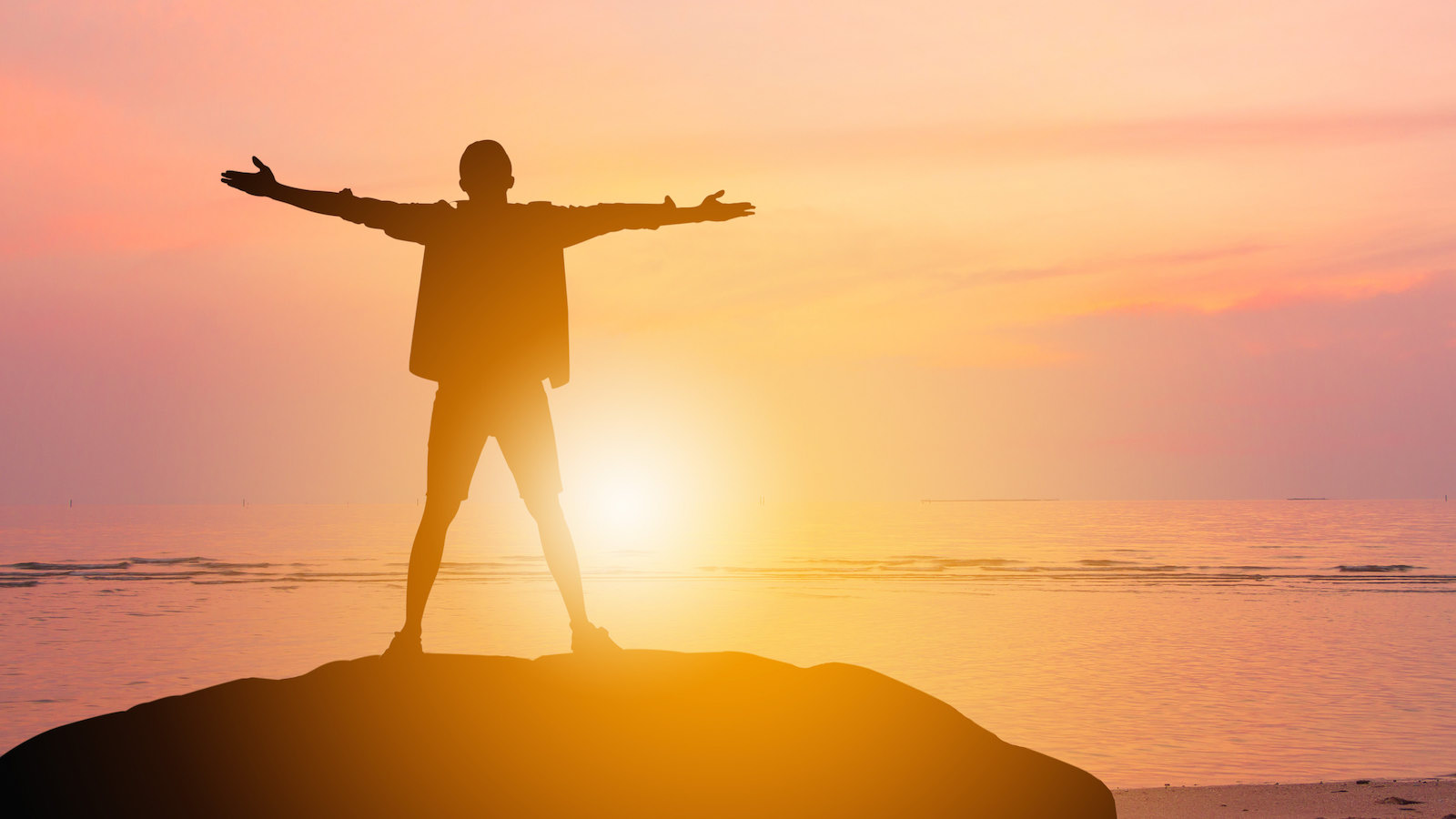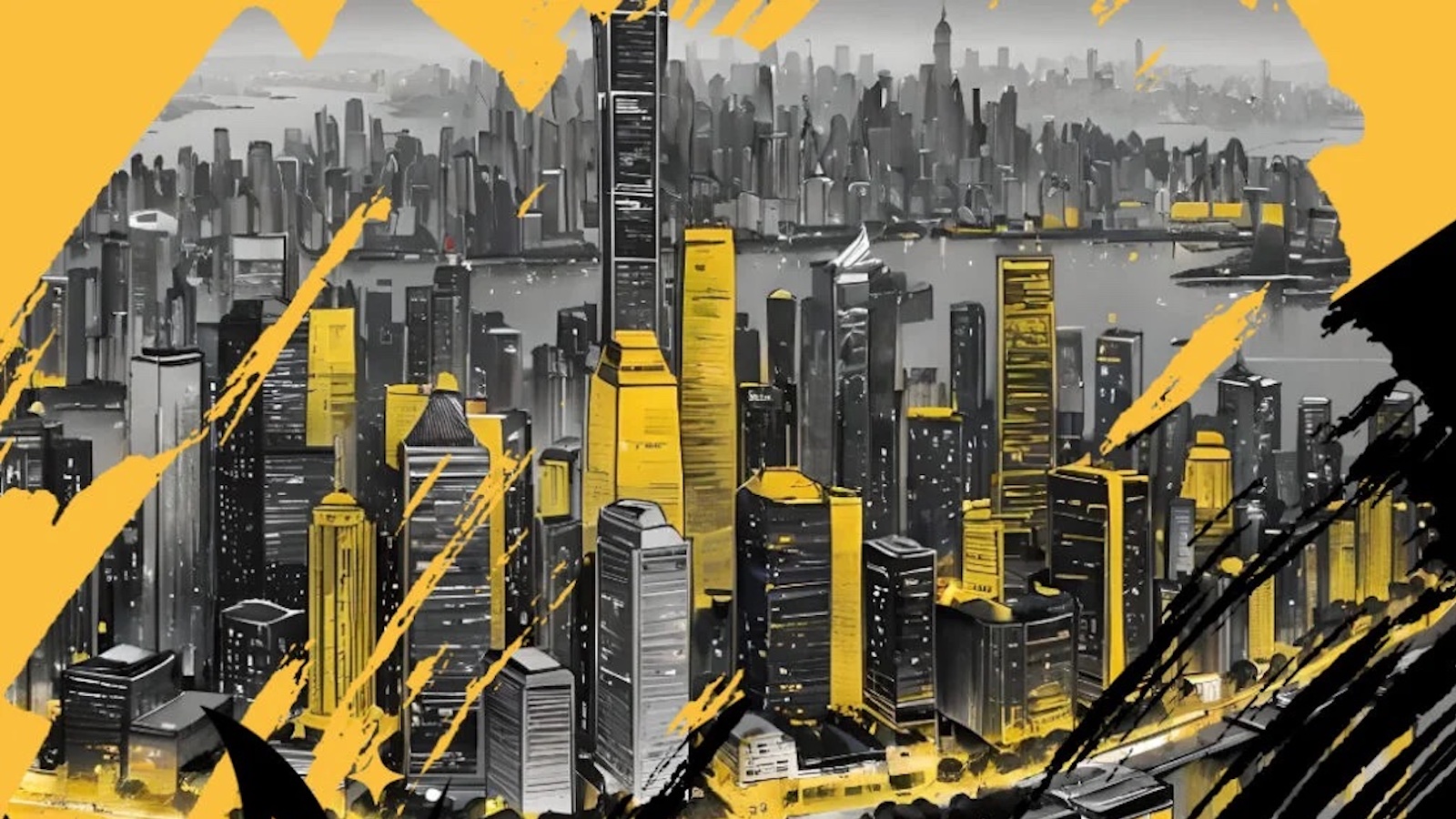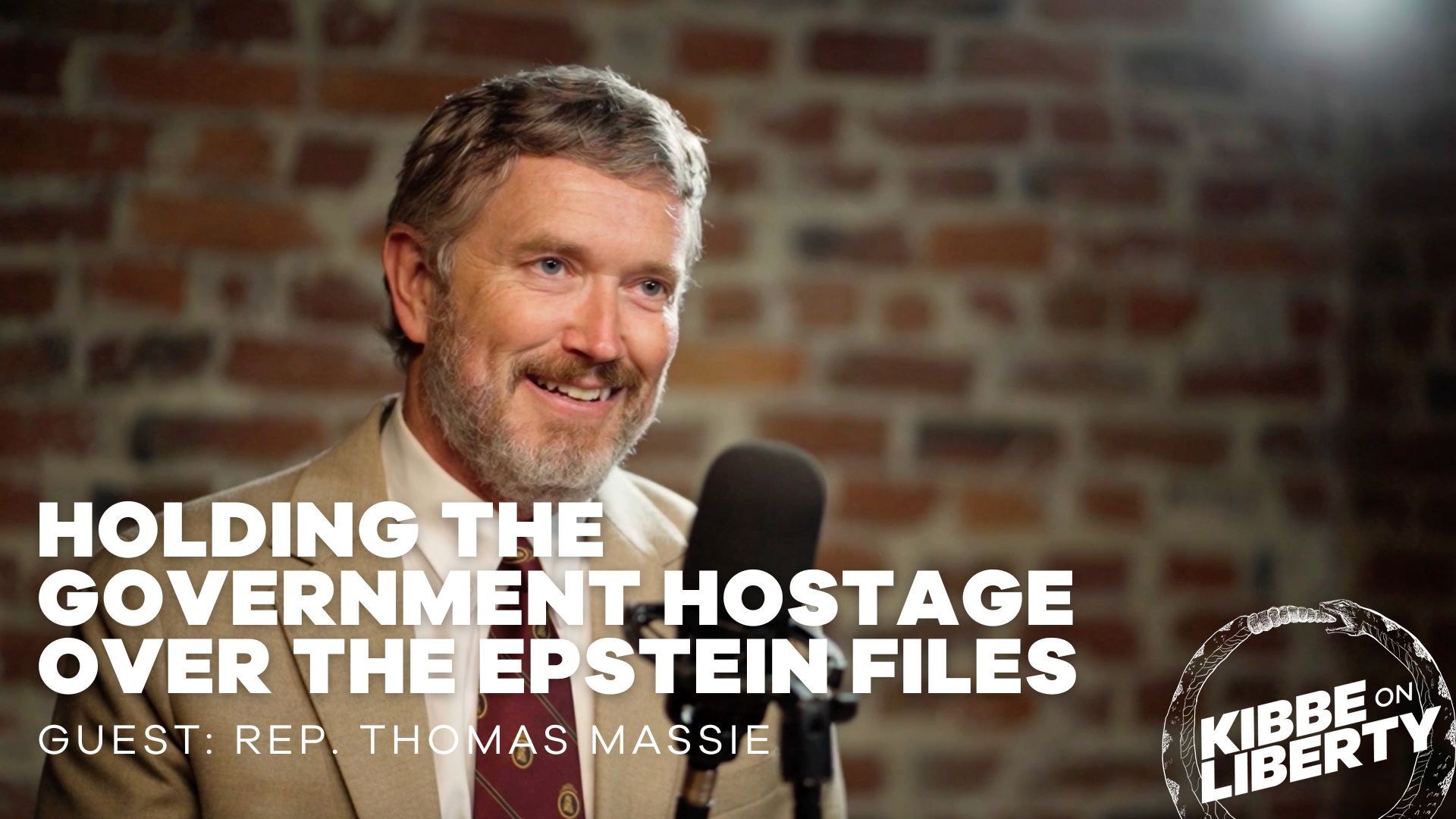
Be Desperately Grateful for Life Itself
This year has been one of the greatest of my life, full of amazing changes that point to a bright future for all the things I care about. This year has also made me most grateful for life itself. Two dear friends have recently announced potentially life-threatening diseases, and I suffer to think of their turmoil and pain, and pray for their recovery. Both have been enormously valuable people in my life, and their suffering is my suffering.
Also this year, a man who had a profound influence on me – so quiet, so cautious, so tender – passed away, leaving this earth with beautiful memories. I’m still in awe of his love, courtesy, earnestness, and passion for knowing more. His name was Ward S. Allen, author and scholar. He is as present with me today as he ever was when we used to sit together and talk. Only his physical body has lost its life but that’s not what really constitutes the fullness of our lives. His spirit lives on.
Bourbon for Breakfast
It was Dr. Allen who first served me bourbon with a morning coffee, an act that shocked me with its unconventionality. He was a man of the old world, a scholar in ancient languages, and the perfect gentleman. That he would add bourbon to a morning coffee gave me a window into what it is like to think and act independently. It prompted a big thought: we should not accept the conventions of our time as always right and normal. There are other ways to be, and being free involves being open to new experiences.
I met him at a time when I felt ready for a new way. I had just moved from the D.C. area and I was ready for something authentic and not political. I met him, and part of me wanted to be just like him. We went on idyllic morning walks, and I felt like I was gaining a window into the best of Old South gentility. I would ask him about his habits. He urged on me a new morning routine. He said that the worst possible way to begin the day is with the news. Instead, the day should begin with walks in nature, readings of poetry, reflections on the writings of the ancients, and deep puzzles involving spirituality and philosophy.
With people we admire, we take part of them and add it to ourselves, appropriating what we find most inspiring. I tried it for a few days. It didn’t work for me. The whole thing felt contrived. I was restless. Without the news, my mind would constantly drift from deep thoughts into the trivial one: I wonder what’s in the news? After about a week of this, I gave it up. I realized that I could not be this man. I’m different from him. There is not one way. His routine worked for him and mine for me. There is no betrayal of a would-be mentor in declining to adopt every thought and action.
Once I attended a large party in which he was being honored for his lifetime of scholarly achievement. I met many people who had been his students. In so many of them, I could detect just a hint of his influence in the way they spoke, a slight point about demeanor, a bit of a speech affect, their career paths, and so on.
We all do this with people we admire. We take part of them and add it to ourselves, appropriating what we find most inspiring. It’s one of the ways great people achieve immortality on earth, by leaving living memories of their character and ways.
But what was his single most infectious trait? It was his quiet joy, expressed through his perfect manners and his quick and warm smile. More precisely, it was his habit of eschewing anything that smacked of despair, anything hateful, anything that wallowed in disparagement and complaint. He liked life. Nay, he loved it. It’s amazing how rare that trait turns out to be. His students caught on to it and carried with them that same attitude.
His demeanor, which seemed so natural and inevitable, made the world more beautiful. It brought calm, carefulness, and courtesy to his corner of the world. He never sought fame. He only wanted to be good. I wonder: how hard had he worked to become that way, or was it just baked in to who he was? He surely had struggles. Why is it that they didn’t show on him and yet mine so eat at me?
Fear of Mortality
I was not with him in his last days. It had been a long time since I’d seen him. But I can know with confidence that he feared not death. I know he embraced it with love, and I like to think he knew for sure that his was a life well lived, according to his own lights. My father, too, had that kind of death. I want that kind of death too, and yet I fear I’ve not earned it.
Waste not one day. Hurt no friend. Celebrate every benefactor. Spread goodness. Eschew hatred. Mortality. It terrifies us. So much of what we believe about ourselves is driven by fear of it. Whole sectors of science are devoted to forestalling it. Our religious traditions are shaped by this idea that we can continue to live after what we call death, and we are urged to take the right steps to make it so. Dealing with it makes us ask fundamental questions. Who are we? What is our purpose? How can we do what we do better, as a way of making our lives more meaningful to ourselves and others?
My takeaway from this year might sound like a cliche: be grateful for every minute of your life. It’s the most precious thing of all. Do nothing with deliberation to diminish its quality. Embrace everything that is bright and beautiful around you, and, insofar as it is possible, reject that which is dark, depressing, and despairing. Waste not one day. Hurt no friend. Celebrate every benefactor. Spread goodness. Eschew hatred. Produce and make value, whether big or small.
Friendship and Benefaction
In particular, I think of the institution of friendship, built on bonds of trust and mutual giving. We should treasure friendship as a delicate fruit and never take it for granted. We should never take risks that would possibly shatter or throw out those investments we’ve made in others and others have made in us.
The most tragic feature of identity politics is that it seeks to drive wedges between people based not on character or personality but on biology and perceived group identity. This penchant will always collapse into cruelty. To the extent it harms the institution of friendship, it is unleashing evil in this world.
The longer we live, the more we discover the value of friendship. Our friendships become a stream of spiritual income for us that builds throughout our lives. We draw on them both professionally and personally, and for far longer than we might believe in our youth. In the same way we seek never to waste or destroy our property, we should do the same with our friendships, always striving to appreciate, celebrate, and protect the presence of others in our lives with whom we share a connection. That means developing the maturity to tolerate imperfections, to work through miscommunications, to give without expectation of return, to trust even when the evidence suggests it is a mistake, and to show the kind of love we would like to be shown if our roles were reversed. To practice this kind of empathy requires a conscious rejection of identitarianism as an ideology.
The longer we live, the more we discover the value of friendship. Thirty years ago, I made a friend when I was just beginning on the road to learning, writing, speaking, and finding that thing that would define for me a template for understanding the world. For some reason I can’t quit identify, his lectures at my university touched me so deeply that I decided to make his calling my calling. Today, after all these years, I work for him, FEE president Lawrence Reed. That deep history means everything to me.
I say that I can’t entirely recall why his lectures so shifted the course of my life (and countless others’). But I do recall this much: One of the principles Larry taught me that day is that what we call wealth is bound up with what we choose to value. It’s not really about GDP, balance sheets, and net worth in monetary terms. It’s about finding that which makes us truly happy and having the freedom to make a choice to embrace it.
Every day is a gift. Let me close this reflection by noting that one of the people who is faced with a health crisis is another example of a benefactor in my life. I had reached a point where I needed one voice to comfort me, one tender hand to lift me up, one small nudge to say that I’m valuable. He did that, in a quiet way, and gave me that priceless gift: the confidence I need to continue my life journey. There is no repaying that.
We all have limited time here. We know this. Every day is a gift. Let us look to the best examples of those who have come before to be good friends, delightful companions, beautifiers of the world around us, healers insofar as life gives us that chance, and champions of the betterment of the quality of our lives and those of others whom we love, in whatever way we understand that.
In honor of my friend now deceased, add just a shot of bourbon in there to add unexpected delight.
This article originally appeared on FEE.
Free the People publishes opinion-based articles from contributing writers. The opinions and ideas expressed do not always reflect the opinions and ideas that Free the People endorses. We believe in free speech, and in providing a platform for open dialogue. Feel free to leave a comment.




John Brown
That was beautiful, Jeffrey. You are indeed making an impact, in ways you can never know.